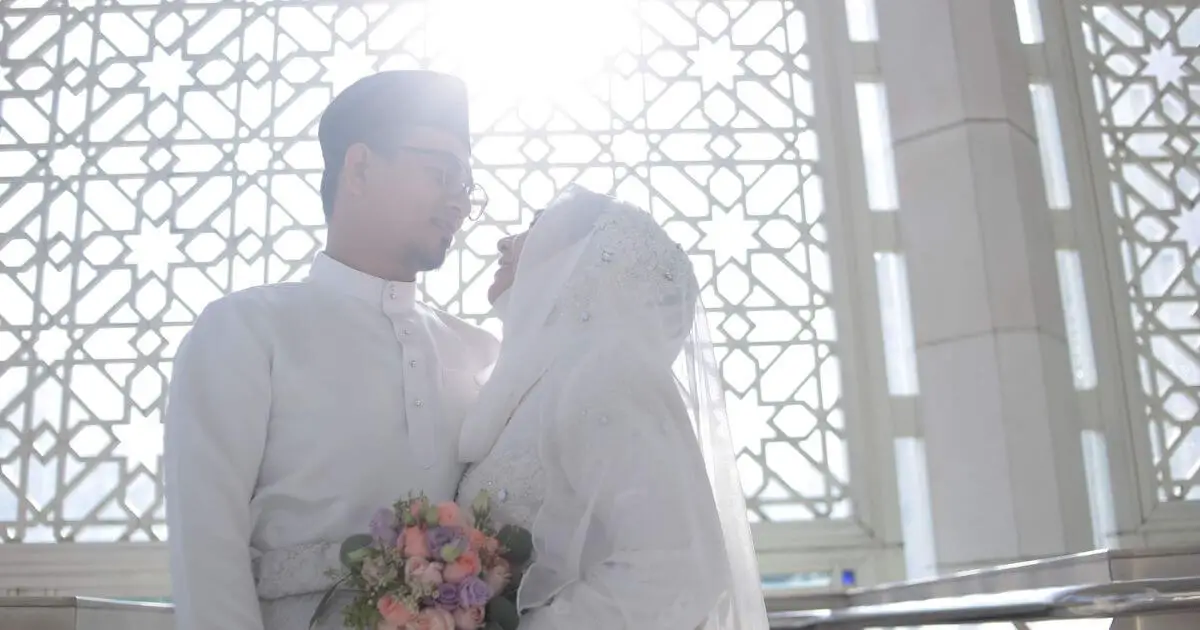How to Plan a Muslim Wedding in the Philippines: Important Customs and Etiquette (2025)

Planning a Muslim wedding in the Philippines can be a daunting experience, especially if you’re unfamiliar with the customs and etiquette that come with it. That’s why we’ve put together this comprehensive guide to help you navigate the process with ease.
The Significance of Muslim Weddings in the Philippines
Muslim weddings in the Philippines are steeped in tradition and culture and hold great significance for the families involved. They are seen as a sacred and joyous occasion, bringing together family, friends, and the wider community to celebrate the union of two people.
Customs and Traditions Followed in Muslim Weddings
Before diving into the specifics of planning a Muslim wedding in the Philippines, it’s important to understand the customs and traditions that are typically followed. These include:
Pre-Wedding Customs and Rituals
- Engagement Ceremony: An important pre-wedding ritual that involves the formal agreement of marriage between the two families. The groom’s parents visit the bride’s family to ask for her hand in marriage. If the bride’s family accepts, they will organize the engagement ceremony.
- Istikhara Ceremony: A prayer ritual that seeks Allah’s guidance in the decision to pursue the marriage. The couple and their families gather in a mosque, where the Imam leads the prayer and reads passages from the Quran.
- Pangalay Dance: A traditional dance performed by the bride and her female relatives, which symbolizes the bride’s acceptance of her new family.
Wedding Day Customs and Rituals
- Nikah Ceremony: The main event of the wedding day, where the couple officially becomes husband and wife. The Imam leads the ceremony, which includes the recitation of the Quran, the exchange of vows, and the signing of the marriage contract. The couple is then pronounced husband and wife.
- Walima Reception: A celebratory feast held after the nikah ceremony, where guests come together to wish the newlyweds well. The reception can be held at the bride’s or groom’s house or a separate venue.
- Traditional Attire: An important aspect of the wedding day, with the bride and groom typically wearing colorful and ornate garments. The bride’s dress is usually a long, flowing gown with intricate embroidery and beadwork, while the groom’s attire consists of a suit or traditional attire called a barong tagalog.
- Halal Food: A must-have at Muslim weddings, with a variety of dishes served to guests. Examples of halal food include biryani, kebabs, and samosas.
Post-Wedding Customs and Rituals
- Honeymoon: After the wedding day, the couple usually goes on a honeymoon to spend some quality time together. Popular honeymoon destinations in the Philippines include Boracay, Palawan, and Bohol.
- Salaam: A post-wedding ritual where the couple visits their relatives to offer thanks and receive blessings. The couple brings sweets and other gifts to their relatives’ homes, where they are greeted with warm hospitality.
- Dua: A prayer recited by the couple to seek Allah’s blessings and guidance for their future together. The dua can be recited at any time but is often done on the wedding night or during the honeymoon.
Etiquette to Follow
When attending a Muslim wedding in the Philippines, it’s important to follow certain etiquette guidelines to show respect for the customs and traditions. These include:
- Respectful behavior towards elders and guests: At Muslim weddings, it’s customary to show respect to elders and guests by greeting them with salaams and offering them food and refreshments.
- Dress code: Dress modestly and appropriately, and avoid wearing revealing or tight-fitting clothing.
- Gift-giving: It’s customary to give gifts to the newlyweds, such as money, household items, or personal items like jewelry. The amount of the gift will depend on your relationship with the couple and your financial situation.
Conclusion
Planning a Muslim wedding in the Philippines can be a complex and challenging process, but with the right knowledge and preparation, it can also be a rewarding and joyous occasion. By following the customs and traditions, showing respect, and following the etiquette guidelines, you can help ensure that the wedding is a success and a memorable event for all involved.
